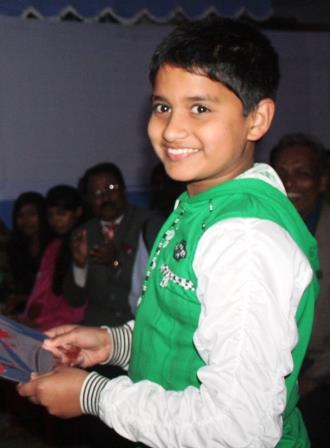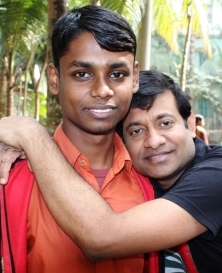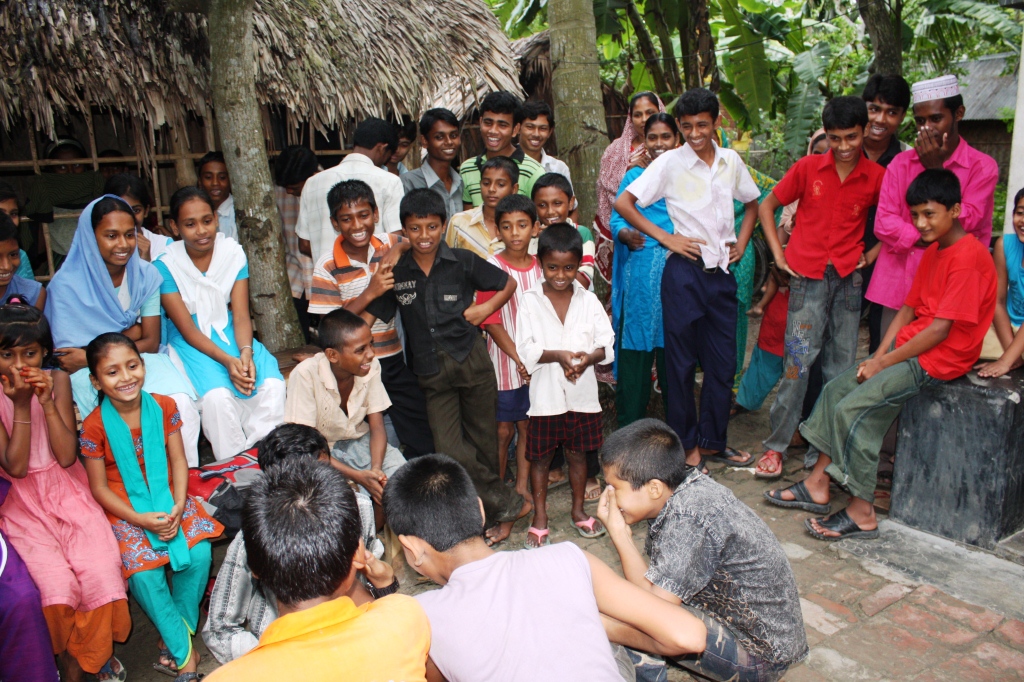The effects of EDS
 EDS started in 2005 with ten children. Now EDS is an action oriented program where about 400 poor children and youth help each other to get education, improve their livelihoods and become change agents and leaders. In EDS university
students volunteer to teach EDS high school students, the high school students teach EDS secondary school students who teach EDS primary school students.
The achievements are due to the EDS staff and continuous dedication and hard work and
the hard work and dedication of the EDS students, supported by their parents, university students and professors, various people in the local community and international volunteers.
EDS started in 2005 with ten children. Now EDS is an action oriented program where about 400 poor children and youth help each other to get education, improve their livelihoods and become change agents and leaders. In EDS university
students volunteer to teach EDS high school students, the high school students teach EDS secondary school students who teach EDS primary school students.
The achievements are due to the EDS staff and continuous dedication and hard work and
the hard work and dedication of the EDS students, supported by their parents, university students and professors, various people in the local community and international volunteers.
These achievements are really good since EDS students usually come from challenging backgrounds. EDS has developed many young, responsible leaders and change agents who work from their heart to help poor children and youth to get education. EDS leaders learn life skills like problem solving, colleague guidance, team work, respect, honesty and possess great motivational capacities. Prior to joining EDS many of the EDS students were unable to write and read properly, got bad grades and did not go to school regularly.
"Here in EDS I can ask the teacher any question without fear"
- Juboraj, EDS Student.
Responsible change agents and leaders
EDS has developed many young, responsible leaders and change agents who work from their heart to help poor children and youth to get education. EDS leaders learn life skills like problem solving, colleague guidance, team work, respect, honesty (say no to corruption, drugs, ilegal activities and too early marriages) and possess great motivational capacities.
Although the EDS students often do not have enough to eat they prefer to teach younger EDS students voluntarily than teaching privately and earning money. They also have increased confidence in taking leadership during the sport activities, speak in class and perform during the cultural events. The EDS boys take care of the EDS girls like their own sisters and ensures their safety to/from EDS and school. One of our many outstanding young leaders is Shaun.




